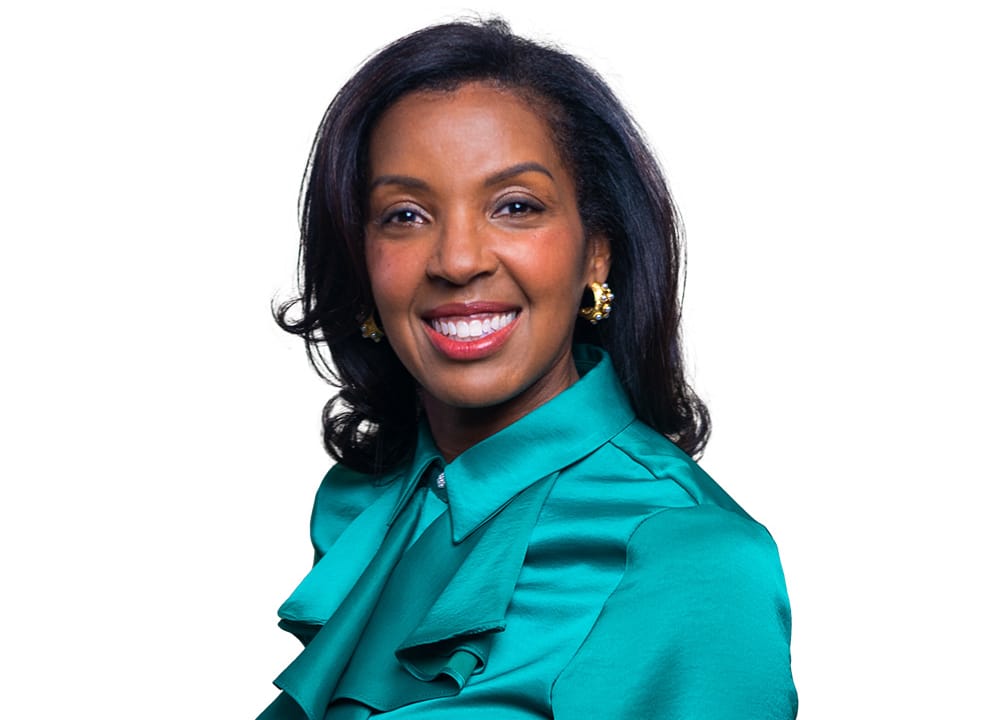It seems we are greeted almost daily with hyperbolic headlines trumpeting the limitless good — or the unimaginable harm — we will see from generative artificial intelligence. The fears and possibilities reflect an underlying question: Will this technology work to our collective global advantage … or cause irreparable harm?
Wharton is taking a stance in pursuit of the former. AI at Wharton is the School’s new initiative bringing together diverse teaching and research resources in artificial intelligence. Through AIW, Wharton students, faculty, and business leaders will advance analysis of AI technologies and explore the connections of human behavior and AI systems and their impact on society, to emerge as tomorrow’s AI experts.
Wharton’s role as the world’s leading business school underscores our commitment to the creation and dissemination of knowledge. By applying new principles in AI, Wharton faculty are affecting business practice and scholarly research. Kartik Hosanagar, faculty co-director of AIW and John C. Hower Professor of Operations, Information, and Decisions, serves as advisor on topics from operations to technology for the startup Alltius, founded by Vibhanshu Abhishek G10 GRW12. Alltius aims to enhance the human experience by providing customized digital AI assistants to organizations. The relationship is rooted in Professor Hosanagar having previously served as Vib’s academic advisor at Wharton.
On the research side, Prasanna “Sonny” Tambe, faculty co-director of AIW and associate professor of operations, information, and decisions; assistant professor of operations, information, and decisions Daniel Rock; and doctoral student Zhiwei “Berry” Wang ENG18 GRW26 are leading the project “Deep Capital for Deep Learning.” Their research examines the varying outcomes firms have when utilizing AI and tests the hypothesis that AI success is often linked to firms’ prior foundational investments in data, the cloud, and other factors.
In the classroom, Wharton continues to bring learning to life through innovation. Ethan Mollick, academic director of Wharton Interactive and associate professor of management, teaches classes on machine learning for business decisions and A/B testing simulation, to help students use AI to make faster, more informed business decisions. Stefano Puntoni, faculty co-director of AIW and the Sebastian S. Kresge Professor of Marketing, leads the course AI in Our Lives: The Behavioral Science of Autonomous Technology, to explore the potential and pitfalls of AI. Matched with Wharton’s comprehensive curriculum, students will better understand the implications of AI and can deploy its power in constructive ways.
As leaders and changemakers, we challenge our community to confront the ethical issues that emerging technologies present. We acknowledge the value of prioritizing the construction and implementation of the moral frameworks that allow for an appropriate balance of technological progress with thoughtful precaution. This is why we deem it important to continue our work in AI experimentation while also ensuring that we further outline the guardrails necessary for its responsible use. Technology marches ever forward; therefore, leaders must consider this progress with a focus on sustaining core moral values, maximizing benefits, minimizing risks, and creating better long-term outcomes for business and society.
Wharton’s approach to AI is an exemplification of what makes our School such a distinctive place for students, faculty, and alumni as well as the communities they impact around the world. The School could not sustain its position as a leader in this space without the bedrock support of its alumni community to keep it at pace with the rapidly evolving tech landscape. We strive for excellence in AI insights and other arenas, fueled by these members of the Wharton network who are so committed to our perpetual success.
Erika H. James is dean, Reliance Professor of Management and Private Enterprise, and professor of management at the Wharton School.
Published as “At the Forefront of an AI-Powered Future” in the Fall/Winter 2023 issue of Wharton Magazine.
























